
Equity release is possible on a shared-ownership property, but only if you purchase the remaining share as a condition of the equity release loan.
This can make acceptance difficult and increase the application to completion time. However, if you are over 55, with enough equity and interested in owning your property outright, this could be a viable option for you.
In this insight, we are going to explain how this can be achieved.
In 2022, 19,386 new Shared Ownership properties were built to provide more affordable housing options in the UK. As many older shared-ownership homeowners approach retirement, they may wonder about equity release options. If you're over 55 and interested in owning your property outright, equity release may be a viable option for you. This can help raise money for retirement while 'staircasing' to buy the remaining share of your shared-ownership property.
Shared ownership is a housing scheme where you purchase a percentage, between 25% and 75%, of a property and pay rent on the remaining percentage. This allows homebuyers to live in properties that may have been unaffordable otherwise. They can secure a mortgage for their share with a smaller deposit and pay lower upfront costs. As time passes, they can pay back their mortgage, owning their share of the property outright. They can then choose to staircase, which means buying more of the property to increase their share until they own 100% of it. Shared ownership does not refer to owning a property jointly with someone else, such as a spouse.
Equity release is a scheme that allows you to free up cash tied up in your property. However, if you try to get equity release on a shared-ownership property, you will likely be turned down unless you commit to buying the remaining share of the property. This is because equity release is only an option if you own the entire property. If you don't own the entire property, you might be able to apply for a lifetime mortgage or home reversion plan on the condition that you purchase the rest of the property when the transaction is completed.
Equity release isn't an option for shared ownership properties due to their complex ownership structure, which makes it difficult to assess the property's value and associated risks. Furthermore, shared-ownership properties have restrictions that pose challenges for equity release providers, such as requiring permission from the housing association or landlord before any alterations can be made
There are a few conditions that may allow you to use equity release on a shared-ownership property. They are as follows:
In most cases, the conditions associated with shared ownership do not pose any issues for equity release approval, except for the requirement to purchase the remaining share. If you own just 25% of the property, it's unlikely that you'll have sufficient equity to buy the remaining 75% share. However, if you own 75% and need to purchase the remaining 25%, this may be more achievable.
To release equity and purchase a shared-ownership property, there are several steps you should take to determine your eligibility.
To know how much equity you can release, you must know how much the property is worth. This is critical to determine how much you'll need to pay off the outstanding share and the value of your share.
Before proceeding, make sure you are allowed to buy the remaining share. Not all shared-ownership schemes permit you to own 100% of the property.
Look for solicitors who specialise in paying off remaining shares of the property with equity release. Choose an experienced solicitor for your specific transaction.
Once you have this information, you can calculate if you have sufficient equity to release
With a Lifetime mortgage, the amount you can release is based on several factors including your age, your home's value, and your health. Usually, you can release between 20% and 60% of your property's value.
Home reversion plans also offer between 20% and 60% of the property's market value depending on your age and health. The younger you are, the lower percentage of the property's value you can expect to receive.
The maximum amount you can release through both schemes is 60% of the full value of your property. However, you need to release enough equity to pay off the remaining share for it to be accepted as an equity release.
Let's say you own a 75% share of a shared-ownership property that's valued at £300,000. This means your share is worth £225,000, and the remaining 25% is owned by a housing association or landlord. You want to pay back the 25% share and release the maximum amount of equity possible, which is 60% of the property value.
Assuming you're eligible for equity release and can release up to 60% of the property value, you could release £180,000 in equity. £75,000 of this would be used to purchase the remaining 25% share, and the remaining £105,000 would be paid to you as cash.
Here's a breakdown of the numbers:
This transaction is complex with many factors to consider. For the equity release to be approved, it is essential that the released money is used to pay off the mortgage and purchase the remaining share. Meeting these conditions is necessary for the equity release to be approved.
Let's say you own a 75% share of a shared-ownership property that's valued at £300,000. This means your share is worth £225,000, and the remaining 25% is owned by a housing association or landlord. You want to pay back a mortgage of £85,000, purchase the remaining 25% share, and release the maximum amount of equity possible, which is 60% of the property value.
Assuming you're eligible for equity release and can release up to 60% of the property value, you could release £180,000 in equity. £75,000 of this would be used to purchase the remaining 25% share, £85,000 would be used to pay off the existing mortgage, and the remaining £20,000 would be paid to you as cash.
Here's a breakdown of the numbers:
At the same time as completing on the loan you will need to purchase the remaining share of the property. In simple terms, when you release the equity, you immediately hand over the money to the housing association for the remaining share. Your solicitor will be able to take care of the logistics of this on completion day.
There are a couple of reasons why your equity release application may be declined. Firstly, not all equity release lenders are willing to lend for the purpose of paying back a shared-ownership property, so it's crucial to do thorough research and seek advice. Secondly, you will need to be able to raise enough equity to afford to buy the shared-ownership remaining share, as it is a requirement for equity release to be approved. If your figures don't add up, your application may be declined.
Let's say you own a 25% share of a shared-ownership property that's valued at £200,000. This means your share is worth £50,000, and the remaining 75% is owned by a housing association or landlord. You want to release equity to purchase the remaining 75% share and also receive some cash for other purposes.
Assuming you're eligible for equity release and can release up to 60% of the property value, you could release £120,000 in equity. However, to purchase the remaining 75% share, you would need to pay £150,000, which is more than the amount of equity that can be released. This means you wouldn't have enough funds to complete the purchase of the remaining share, and the figures don't add up.
In this scenario, the decision would be a decline.
Sunny Avenue have put together an Equity Release Calculator which can be used to provide a guideline on how much you can borrow based on your age and property value.
Obtaining equity release on a shared-ownership property is a tricky transaction. It's important that you seek the right advice. It is a condition set by the equity release council that you obtain advice from a qualified adviser and solicitor when going through this process.
An adviser will help you to understand if the figures stack up and how much equity release you can get.
If you are unsure where to start with getting advice, complete the Sunny Fact Find for Mortgage advice. The answers you provide help us the find the best-suited adviser for your needs. Your adviser then contacts you for a no obligation conversation on how they can help. You decide how to proceed.

Stuart is an expert in Property, Money, Banking & Finance, having worked in retail and investment banking for 10+ years before founding Sunny Avenue. Stuart has spent his career studying finance. He holds qualifications in financial studies, mortgage advice & practice, banking operations, dealing & financial markets, derivatives, securities & investments.
 No minimum
No minimum  Leyland, Lancashire
Leyland, Lancashire No obligation consultation
No obligation consultation
 No minimum
No minimum  No obligation consultation
No obligation consultation
 No minimum
No minimum  Free Consultations
Free Consultations
 No minimum
No minimum  No obligation consultation
No obligation consultation
 No minimum
No minimum  Initial fee free consultation
Initial fee free consultation
 No minimum
No minimum  Initial fee free consultation
Initial fee free consultation
 £51,000+
£51,000+  Free Consultations
Free Consultations
 No minimum
No minimum  Initial fee free consultation
Initial fee free consultation
 £101,000+
£101,000+  Bishop's Stortford, Hertfordshire
Bishop's Stortford, Hertfordshire No obligation consultation
No obligation consultation
 No minimum
No minimum  Initial or Ongoing Consultation Fees
Initial or Ongoing Consultation Fees
 No minimum
No minimum  Initial fee free consultation
Initial fee free consultation
 No minimum
No minimum  Initial fee free consultation
Initial fee free consultation
 £51,000+
£51,000+  Sheffield, South Yorkshire
Sheffield, South Yorkshire No obligation consultation
No obligation consultation
 No minimum
No minimum  No obligation consultation
No obligation consultation
 No minimum
No minimum  Newcastle-under-Lyme, Staffordshire
Newcastle-under-Lyme, Staffordshire Free Consultations
Free Consultations
 No minimum
No minimum  Free Consultations
Free Consultations
 No minimum
No minimum  No obligation consultation
No obligation consultation
 No minimum
No minimum  No obligation consultation
No obligation consultation
 No minimum
No minimum  Free Consultations
Free Consultations
 No minimum
No minimum  No obligation consultation
No obligation consultation
 No minimum
No minimum  Coatbridge, Lanarkshire
Coatbridge, Lanarkshire Initial or Ongoing Consultation Fees
Initial or Ongoing Consultation Fees
 No minimum
No minimum  Initial or Ongoing Consultation Fees
Initial or Ongoing Consultation Fees
 £21,000 +
£21,000 +  Initial fee free consultation
Initial fee free consultation
 London, Greater London
London, Greater London No obligation consultation
No obligation consultation
 No minimum
No minimum  No obligation consultation
No obligation consultation
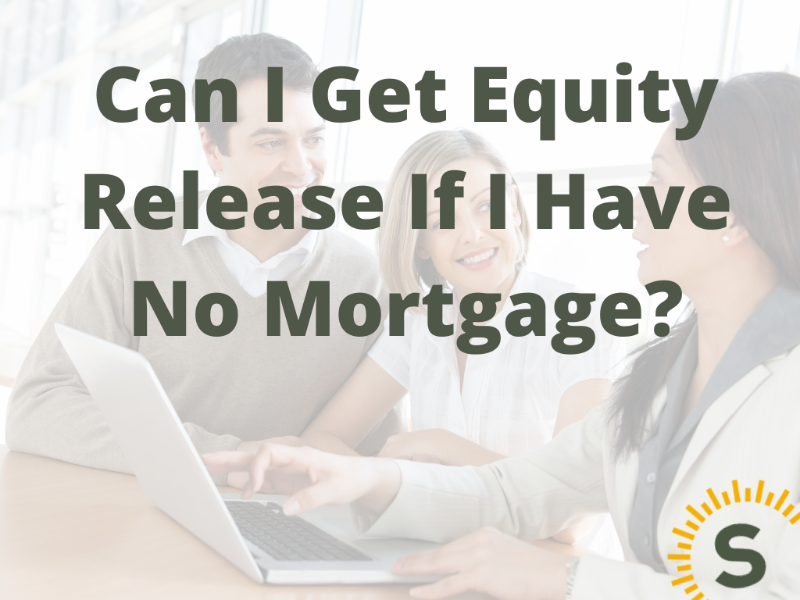
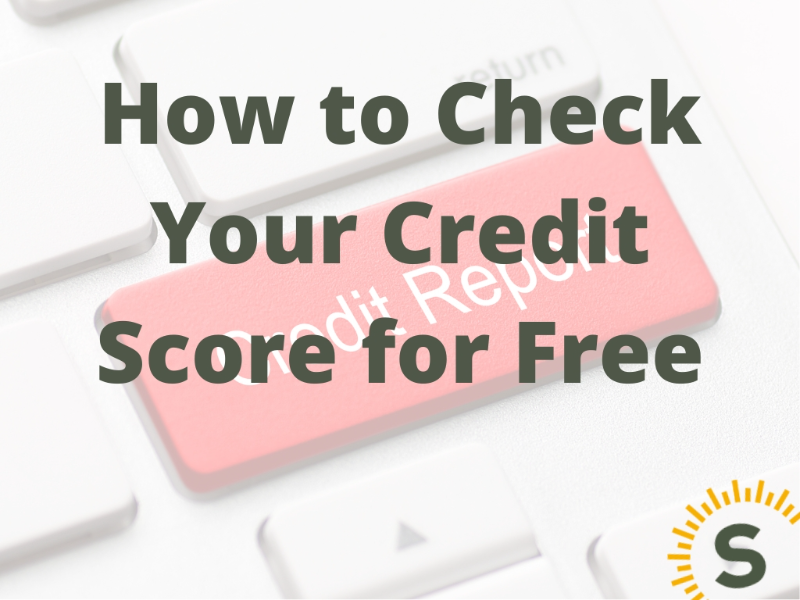
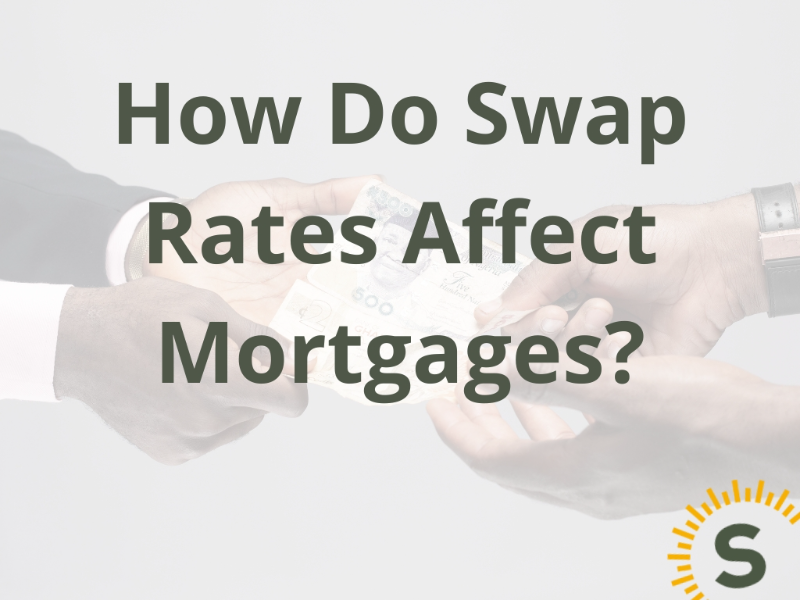
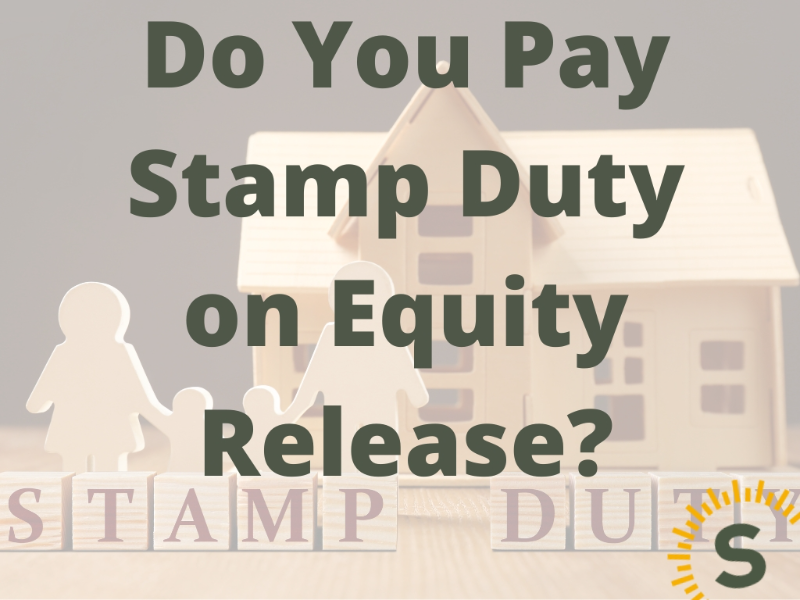
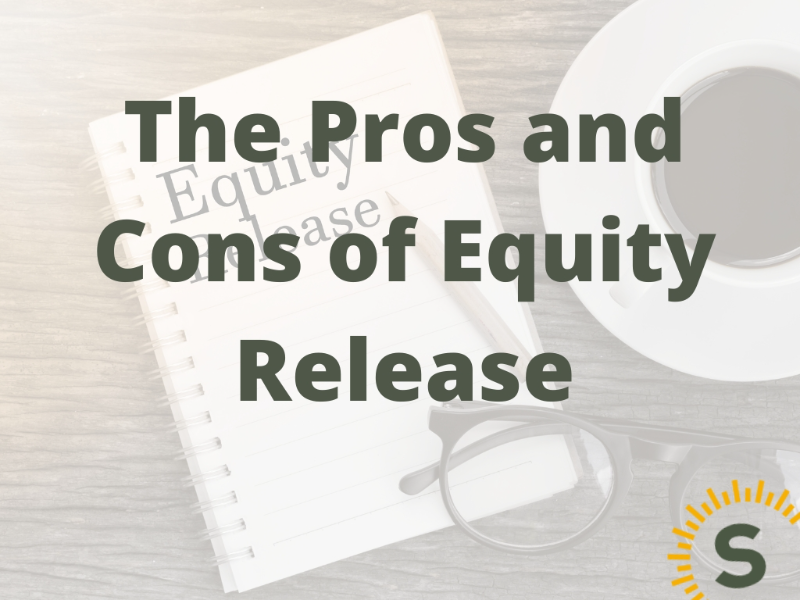
Our website offers information about financial products such as investing, savings, equity release, mortgages, and insurance. None of the information on Sunny Avenue constitutes personal advice. Sunny Avenue does not offer any of these services directly and we only act as a directory service to connect you to the experts. If you require further information to proceed you will need to request advice, for example from the financial advisers listed. If you decide to invest, read the important investment notes provided first, decide how to proceed on your own basis, and remember that investments can go up and down in value, so you could get back less than you put in.
Think carefully before securing debts against your home. A mortgage is a loan secured on your home, which you could lose if you do not keep up your mortgage payments. Check that any mortgage will meet your needs if you want to move or sell your home or you want your family to inherit it. If you are in any doubt, seek independent advice.